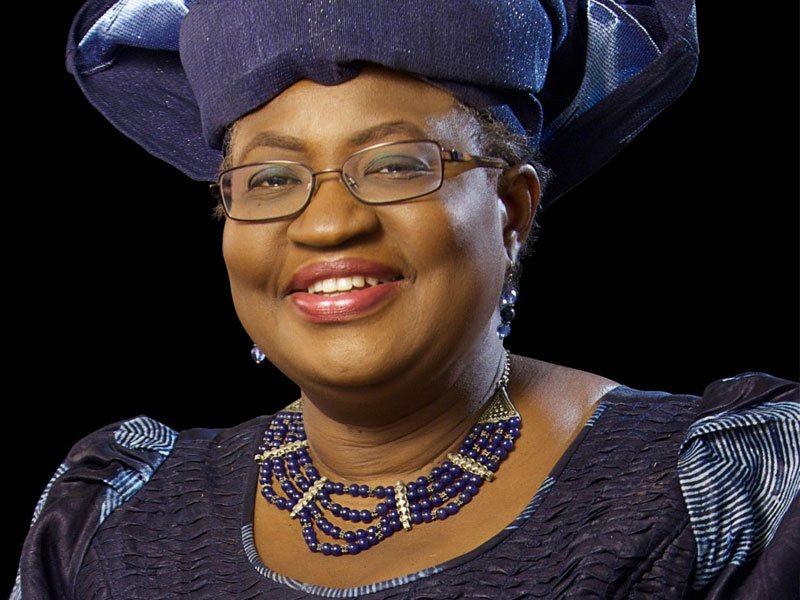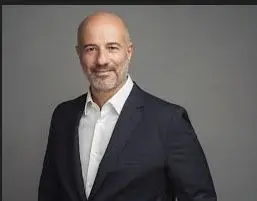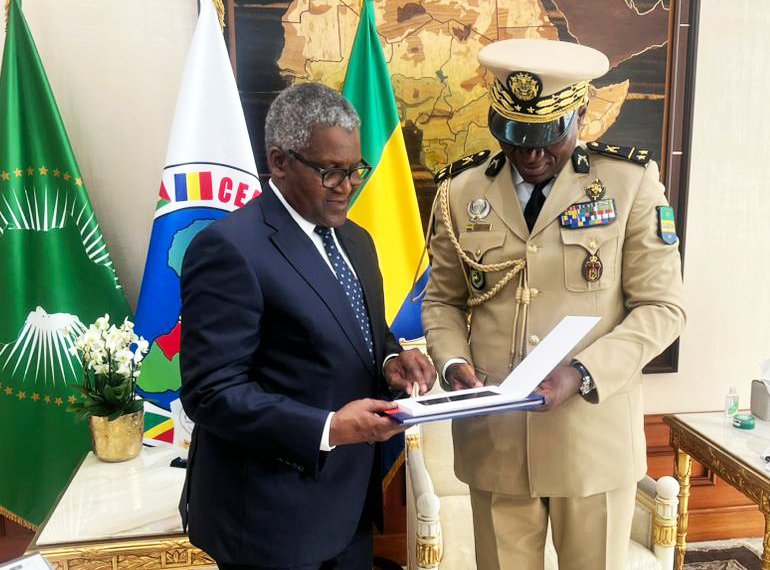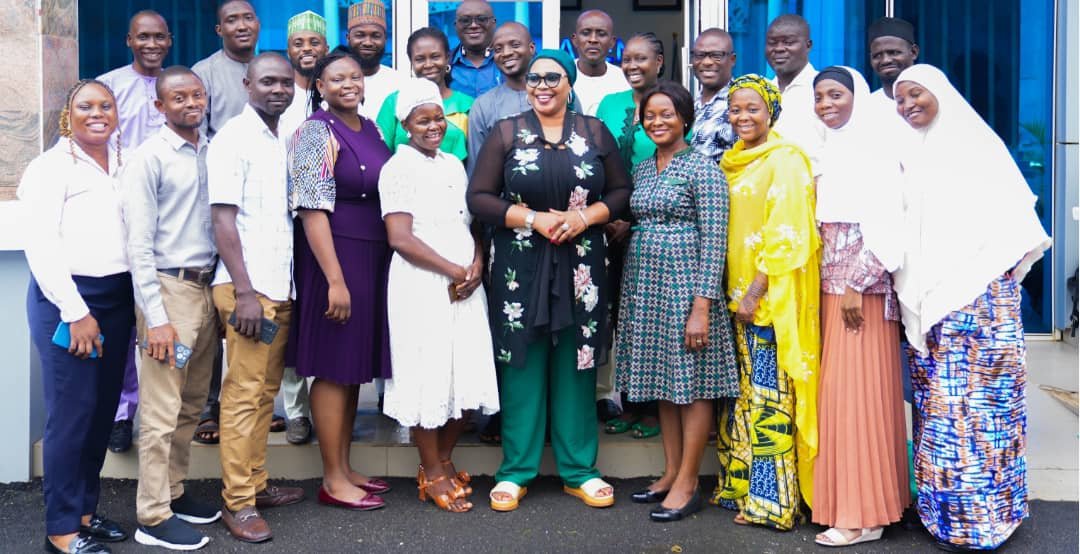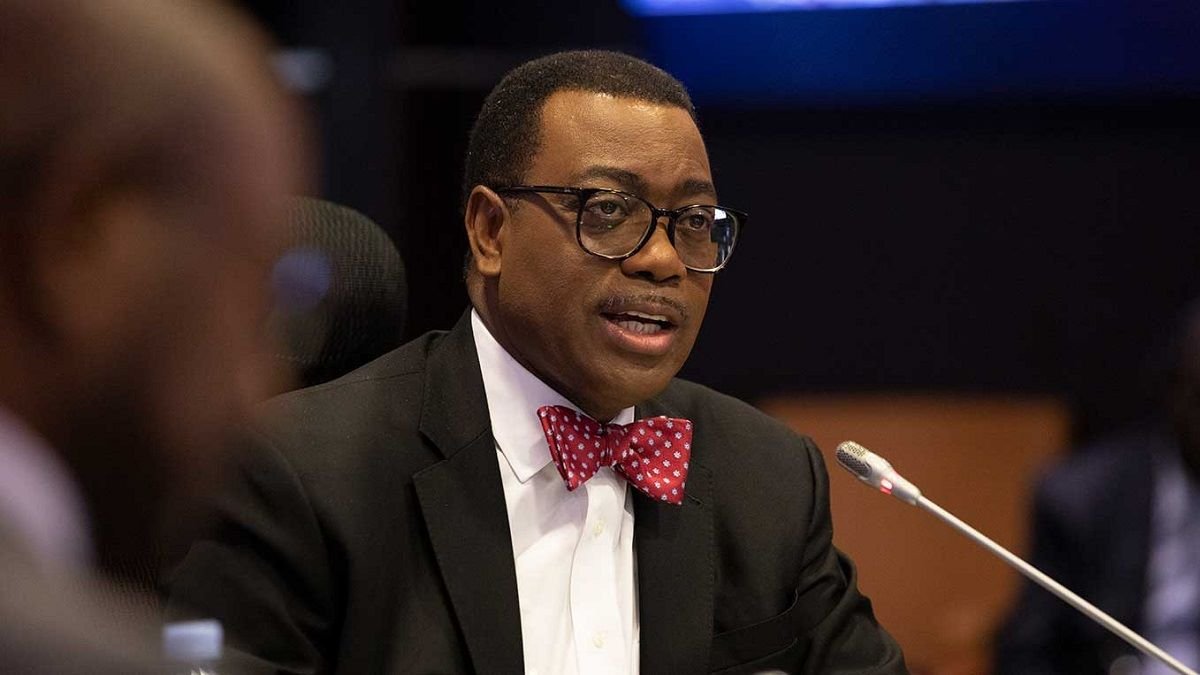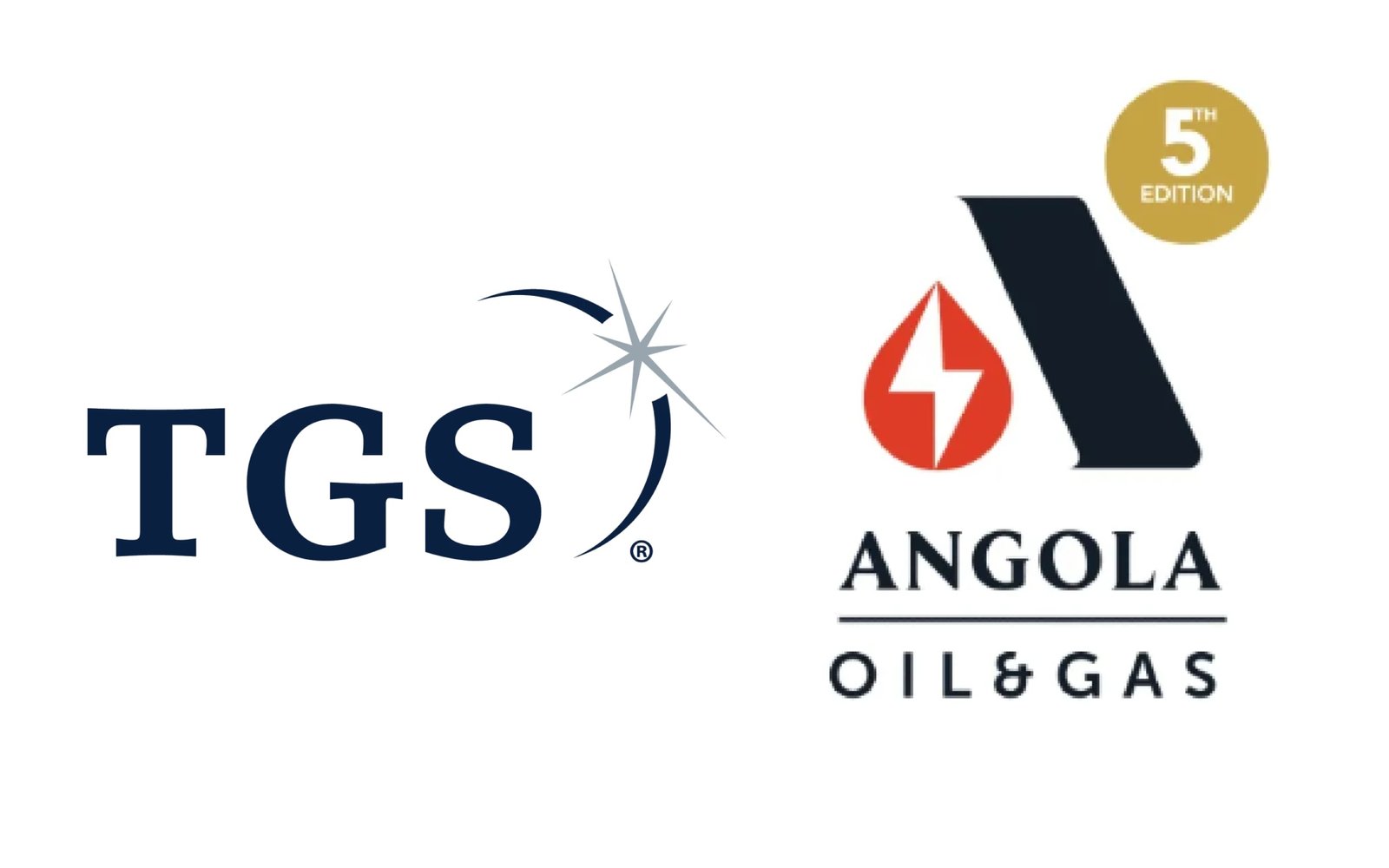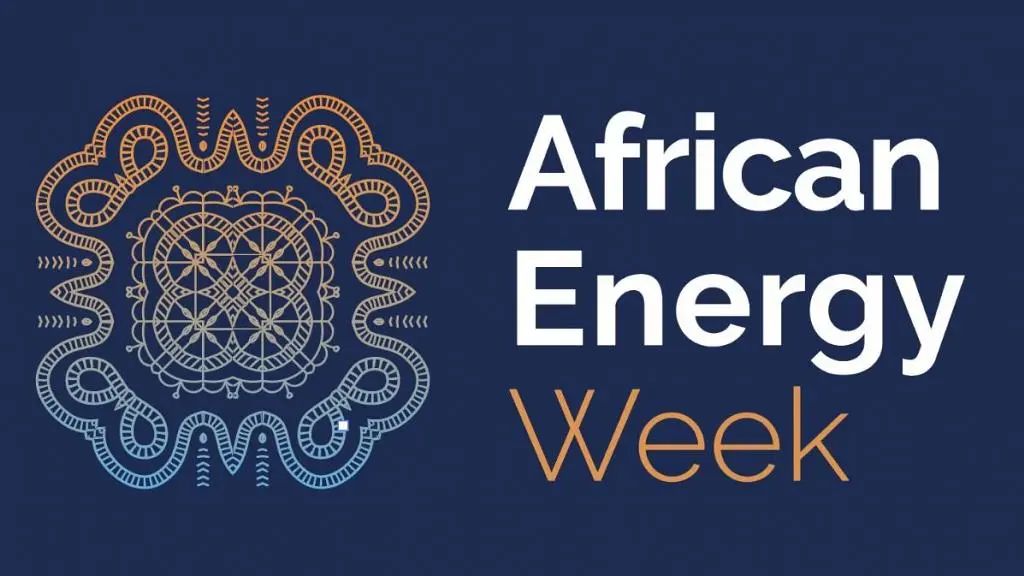By Eyo Nsima
The Lagos Chamber of Commerce and Industry, LCCI, has described the appointment of Dr. Ngozi Okonjo-Iweala, as timely, stressing that the global trading system is faced with numerous challenges, including supply chain disruptions precipitated by the coronavirus pandemic,rising protectionism& unilateralism, growing economic nationalism, imposition of trade restrictions coveringsubstantial amount of international trade, as well as trust and credibility concerns among members.
In its statement obtained by The Daily, www.thedaily-ng.com, the Director general, LCCI, Dr. Mudah Yusuf, stated: “The Lagos Chamber of Commerce & Industry heartily felicitates with Nigeria on the appointment of Dr Ngozi Okonjo-Iweala as the Director General of the World Trade Organization (WTO). It is a great delight being the First Female and First African to head the WTO since its formation in 1995 [replacing the General Agreements on Tariffs and Trade (GATT), which commenced in 1948].
“Dr Okonjo-Iweala’s emergence comes at a time when the global trading system is faced with numerous challenges including supply chain disruptions precipitated by the coronavirus pandemic,rising protectionism& unilateralism, growing economic nationalism, imposition of trade restrictions coveringsubstantial amount of international trade, as well as trust and credibility concerns among members.
“Africa has peculiar challenges in the global trade arena. The continent is deeply integrated into the global supply chain and this underscores the low participation level of African economies in international trade. According to the United Nations Conference on Trade and Development (UNCTAD), Africa’s trade with the global community between 2015 and 2017 stood at an average of $760.1 billion, compared with Asia ($6.8 trn), America ($5.1 trn) and Europe ($4.1trn). These numbers indicate that Africa is not a major player in global trade. As such, it is very pertinent for African economies to build capacity within the continent in order to take advantage of the opportunities in global trade.”
It stated: “Nigeria’s share in global trade is even more insignificant. Our export structure is still largelydependent on crude oil, which accounts for about 50% of government revenue and 90% of foreign exchange earnings. More importantly, Nigeria’s non-oil exports are largely primary commodities with little or zero valueaddition. Thus, the prospects of tapping international trade opportunities remains dim. For Nigeria to fully take advantage ofthe opportunities offered by the World Trade Organization under the leadership of Dr. Okonjo-Iweala,it is imperative to ensure the following: We need to build capacity for international competitiveness of our products and services. Also imperative is the need to address trade facilitation issues, especially around port processes, ports infrastructures, international trade documentation, foreign exchange policies, trade policies and industrial policies. We need to promote local value addition and backward integration to strengthen competitiveness of our domestic industries. We must undertake reforms of our tariff policy in accordance with the principles of comparative advantage, which would enable the countryoptimise opportunities in the global trade arena and enhance the citizens’ welfare. It is critical to develop an AfCFTA strategy that would enable the country leverage trade opportunities both continentally and globally. There is need to improve on our strategy in managing the coronavirus pandemic ranging from ensuring compliance to safety protocols to vaccine procurement and distribution.”
It also added: “While the emergence of Dr. Okonjo-Iweala as the new WTO Director-General is very gratifying and calls for celebration, there is a need to manage expectations around the outcomes for theNigerian economy given the numerous productivity and competitiveness issues the country is grappling with. Ultimately, these are the factors that would determine the benefits that would accrue to the economy from global trade.”


